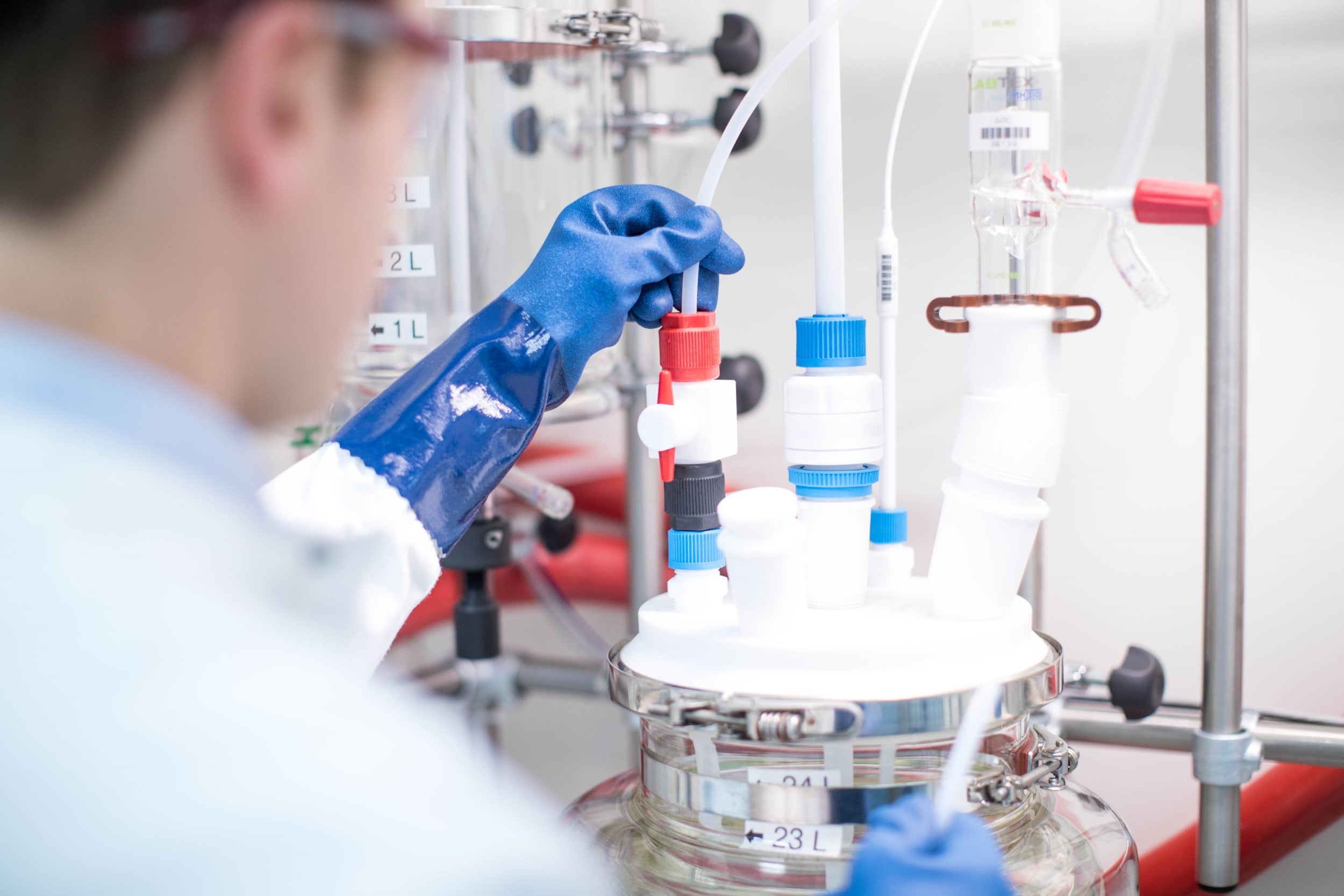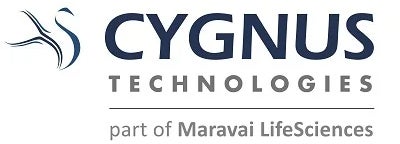
Business decision makers have been buffeted by geopolitical and economic headwinds over the past year. But biomanufacturers are weathering the storm. According to GlobalData’s pharmaceutical intelligence centre, more than 25,000 clinical trials were underway in the period between January and November 2023. Over 7,000 of these are centred on biologics and gene therapies. Advancements in pharmaceutical engineering, quality control and logistics continue to pull capital and talent into the sector.
As the number of clinical trials grows, one factor remains constant: the need for robust purification processes. Biomanufacturers must guarantee that, by the time drugs are ready to hit the market, safety and efficacy are baked in. Host-cell proteins (HCPs), the most complex process-related impurity, can cause adverse reactions and muted responses in patients. Identifying, analysing and eliminating them has therefore become essential. The process has moved a long way since its infancy in the 1990s; biomanufacturers need to ensure they understand what is happening at the frontiers.
Some of the earliest HCP detection methods – notably enzyme-linked immunosorbent assay (ELISA) – are still in use today and considered to be a gold standard for HCP detection and quantification. ELISA promised market-leading sensitivity, but the shortcomings it faced then are the same as now: even the most sensitive HCP ELISAs are only as effective in detecting HCPs as the HCP antibodies they are based on. And quality and reactivity of these antibodies are highly dependent on the antigen quality and technical expertise of those who develop them.
Regulators and businesses alike faced a quandary. How could they make the most of a technique boasting demonstrable specificity and sensitivity compared to its alternatives, while grappling with the resource requirements and technical knowhow needed to make it feasible? Many companies feared – and continue to fear – that outsourcing to experts would be costly due to each drug’s unique HCP profile and the risks to intellectual property rights. But HCP analytics services have thrived in recent decades: generic anti-HCP antibodies and ELISAs have been developed, the analytics providers have accumulated years of expertise, and regulatory and commercial relationships have firmed up as a result.
The current landscape
Even as purification processing services were gathering momentum, HCPs used to be considered an undesirable but unavoidable by-product of the biomanufacturing process. That has changed. A growing body of research suggests eliminating HCP presence altogether is essential. Even low HCP levels can cause myriad problems: from adverse reactions to reduced drug activity, evidence suggests HCPs can severely hamper the reliability and safety of novel therapies. Comprehensive HCP analytics are crucial for identifying individual HCPs in the final drug substance, ensuring safety and efficacy. And using a broadly reactive anti-HCP antibody and assay early in the process can minimise changes during development – saving biomanufacturers both time and money.
Consequentially, biomanufacturers are adopting acutely HCP-sensitive technologies as valuable tools in their production processes. Moving beyond minimum regulatory standards offers companies opportunities for optimal process development and in-process control.
But, when optimising purification processes, biomanufacturers still need to ensure their chosen HCP analysis method is comprehensive and integrated with wider purification strategies. An ELISA with proven sensitivity to downstream HCPs is essential. “They should use the most sensitive and specific HCP ELISA Kits,” explains Alla Zilberman of Cygnus Technologies. “These kits have to be used and qualified early in process development to ensure these companies design robust downstream purification processes capable of removing as many HCPs as possible.” They can then deploy orthogonal methods like mass spectrometry (MS) to bolster safety assurances, gathering data on individual HCPs in the final drug substance. Many specialised analytical service companies now have decades of experience providing these services - reducing risk, cost, and time to market for biologics producers.
New methods hitting the market
Market leading orthogonal HCP detection methods are now able to identify individual problematic HCPs – a level of refinement unthinkable when the technology was first rolled out. One example is Cygnus Technologies’ Antibody Affinity Extraction (AAE) technique. Combined with MS, it can zoom in on HCPs throughout the purification process – enabling comprehensive HCP removal, unmatched process consistency and robust drug substance purity.
Integration of AAE and MS for HCP analysis provides valuable data throughout drug substance purification. This informs process development teams on how they can modify purification processes to enhance drug substance purity, as well as yielding quality control data for regulatory agencies. And, compared with older techniques, AAE boasts some distinct advantages.
First, AAE is highly predictive of anti-HCP antibody performance. Its ability to facilitate evaluation of low-abundance individual HCPs gives manufacturers unique insights over the purification process. Second, some older techniques are unable to disentangle HCPs that co-purify with drug substances; this lack of precision means that some potentially problematic HCPs can still be present in the final drug substance. As a sample preparation method, AAE enriches these low abundance HCPs and depletes DS leading to higher MS sensitivity - giving biomanufacturers a tight grasp over process monitoring and product lot release. And a more refined knowledge of HCPs enables biomanufacturers to go beyond regulatory box-ticking; it can help to improve purification strategies, increase confidence in clinical trials and pre-emptively enhance drug safety.
HCP analysis costs time and resources for pharma firms looking to get novel therapies from labs to market – which is why many choose to work with an expert partner. Cygnus Technologies has been pioneering HCP analysis since the technique’s inception – and continue to do so today with AAE and MS methods. They possess decades of experience in helping biomanufacturers optimise purification processes. Download the whitepaper on this page to learn more about how they can assist you too.


